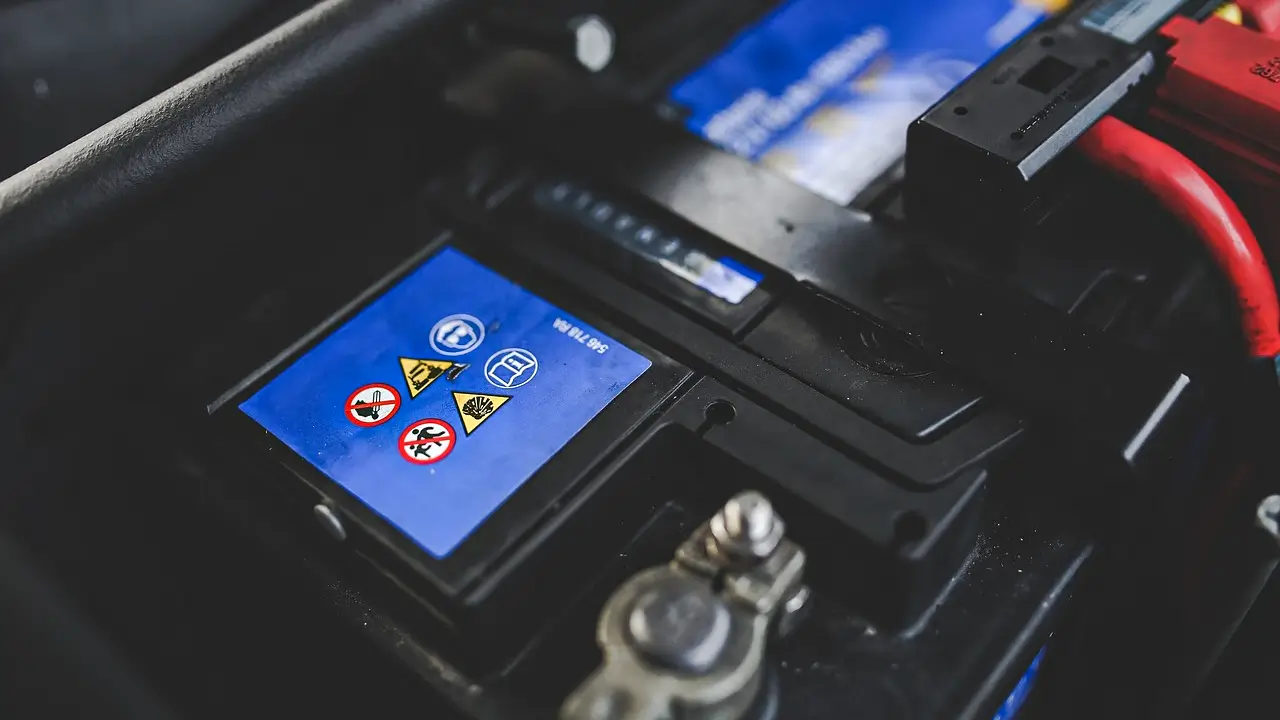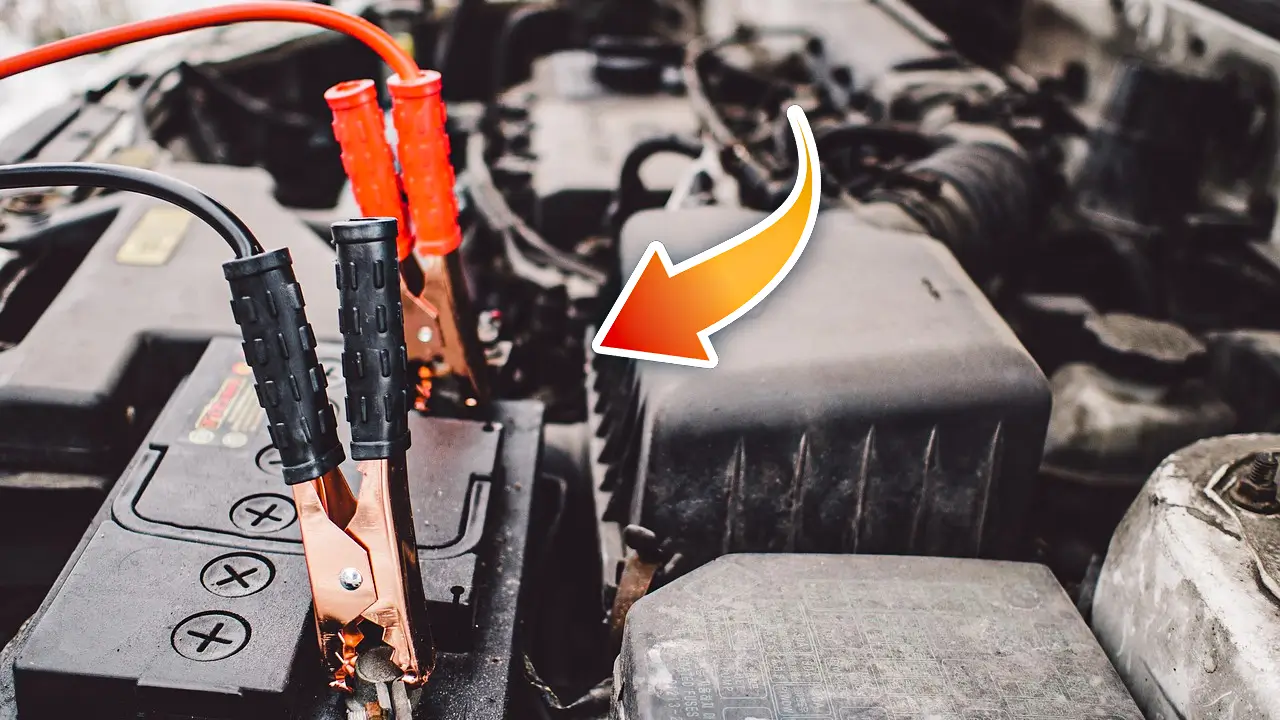There’s something nobody tells you when you first start driving: your car battery is quietly doing one of the most important jobs under the hood. And yet, it’s also one of the easiest parts to forget about until one morning when your car won’t start.
Truth is, car batteries don’t usually die overnight. They slowly wear down, and with a bit of attention now and then, you can keep yours running strong for a lot longer than most people expect. So if you’re someone who wants fewer headaches, fewer unexpected breakdowns, and a bit of extra money saved in the long run, stick with me. Let’s talk about how to maintain a car battery for longer life, without getting too technical.
Why Car Batteries Fail (and Why It’s Not Your Fault)
First, let’s get something straight battery failure is common. It happens to the best of us, whether you’re driving a brand-new luxury SUV or an old hatchback that’s been through it all.
The reasons? Well, batteries age. But sometimes they also die faster because of extreme temperatures, poor charging habits, lack of use, or just because they’re not being checked regularly. The good news is that most of these issues are fixable with some simple habits.
Let’s dive into how you can make your battery last longer possibly years longer just by doing a few things differently.
Keep It Clean and Corrosion-Free
Take a look under the hood from time to time. You don’t need to be a mechanic to spot something unusual. If you notice white or bluish powdery buildup around the battery terminals that’s corrosion. And it’s not your friend.
Corrosion acts like a blocker. It interrupts the flow of electricity and makes it harder for your battery to charge or power the car properly. Over time, this kind of resistance strains the battery and shortens its life.
A soft brush, a mix of baking soda and water, and some gloves are all you need to clean it off. Gently scrub the terminals and rinse carefully. Dry everything off well before reconnecting.
Drive Regularly—Yes, That Helps
Here’s something most people don’t realize: your battery charges itself while you drive. When your car sits for too long, especially if it’s parked for weeks without being started, the battery gradually loses its charge.
If you have a second car or you don’t drive often, it’s a good idea to start your car at least once or twice a week. Let it run for 15 to 20 minutes. Even better, take it for a short drive. That way, the alternator has a chance to recharge the battery properly.
Watch for Warning Signs
Your car is actually pretty good at letting you know when the battery is starting to get weak. Some things to look out for:
- The engine cranks slower than usual when starting.
- Headlights seem dimmer than normal.
- There’s a warning light on your dashboard (often shaped like a battery).
Don’t ignore these signs. They’re like your car whispering, “Hey, we need to talk.” It’s always better to replace a weak battery on your terms than be stranded in the middle of nowhere.
Temperature Plays a Bigger Role Than You Think
If you live somewhere really hot or freezing cold, your battery has a tougher job. Extreme temperatures can cause the fluid inside the battery to evaporate or freeze, depending on the season.
In hot climates, park your car in the shade or a garage whenever possible. In colder areas, it’s worth investing in a battery blanket or heater, especially if your car stays outside. It may sound like overkill, but it can make a huge difference in how long your battery lasts.
Don’t Let Electronics Drain Your Power
We’ve all been there sitting in the car with the radio on or charging a phone while the engine’s off. It feels harmless, but every little gadget you power while the engine is off is draining the battery.
Try to avoid using electronics when the car isn’t running. And always double-check that lights are off, doors are shut, and nothing is pulling power when you leave the car. One simple slip-up can cost you a perfectly good battery.
Test the Battery Every Now and Then
You don’t have to wait until your car doesn’t start to know there’s a problem. Many auto shops will test your battery for free. It only takes a few minutes and gives you a snapshot of your battery’s health.
If you’re into DIY, you can also get a simple voltmeter or multimeter at any auto parts store. A healthy car battery should read around 12.6 volts when the car is off. If it’s lower, it might be time to recharge or replace it.

Also Read: Best SUVs Under ₹15 Lakhs
Keep the Battery Tightly Secured
This might sound minor, but a loose battery can vibrate while driving especially on rough roads. That constant movement can damage the battery plates inside and lead to faster wear.
Just make sure the battery is properly clamped down in its tray. Not too tight, not too loose. It should feel snug but not under pressure.
Avoid Short Rides When You Can
Short trips can be surprisingly tough on your battery. Why? Because starting the car uses a lot of energy, and if you only drive for a few minutes, the alternator doesn’t get enough time to recharge it.
If your routine involves lots of short drives, try combining errands or taking a longer route every now and then to give the battery time to fully recharge.
Replace It Before It Quits on You
Most car batteries last between 3 to 5 years. That doesn’t mean yours will die on its fifth birthday, but it’s a good benchmark. If your battery is over 3 years old, it’s smart to get it tested during regular service visits.
If you’re approaching the 4 or 5-year mark, even if it seems fine, start planning for a replacement. It’s better to replace it a little early than to wait until you’re stuck in a parking lot on a rainy night.
Recent Posts
- Audi GT50 Concept: A Loud Reminder of Why Car Enthusiasts Fell in Love With Audi
- Nearly 30% of UK Drivers Believe Car Tax Should Be Based on Mileage — Survey
- Why Planes and Boats Escaped the Luxury Tax But Cars Didn’t
- Australia’s Headlight Confusion: Authorities Warn Drivers After Viral $250 Headlight Rule Goes Wild Online
- 2025 Hyundai Venue Facelift Launched in India – Full Details, Variants, and Price
Author’s Take
Here’s my take treat your battery like a partner in your driving experience. It doesn’t ask for much. Just a little attention every now and then.
You don’t need to be a car expert to keep your battery going strong. Just take a few minutes each month to look it over, keep it clean, and listen to your car when it’s trying to tell you something. Avoid letting it sit too long. Drive regularly. And when it’s time to replace it, don’t delay.
In my experience, the people who run into battery trouble are usually the ones who assume everything is fine until it isn’t. You don’t need to be one of them. Maintaining your car battery isn’t complicated, and the payoff is huge: peace of mind, fewer unexpected breakdowns, and real savings over time.
